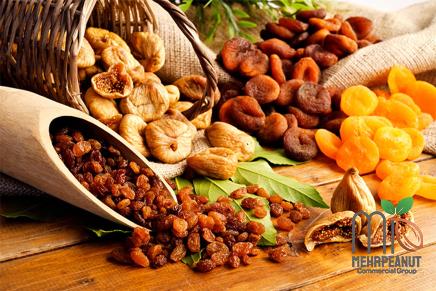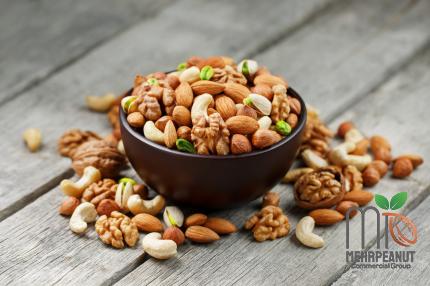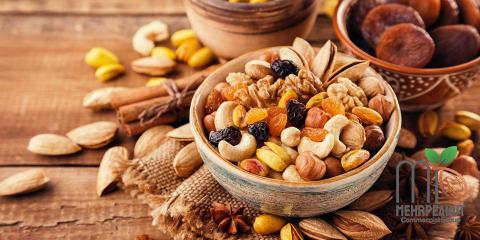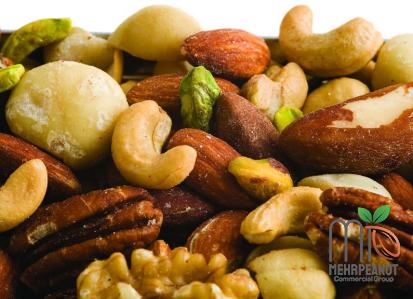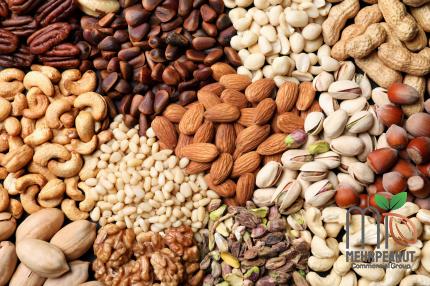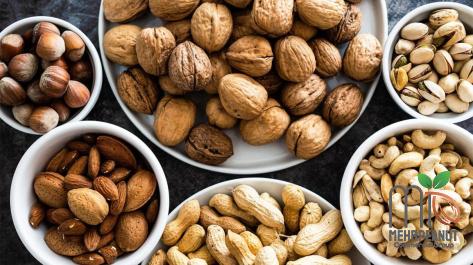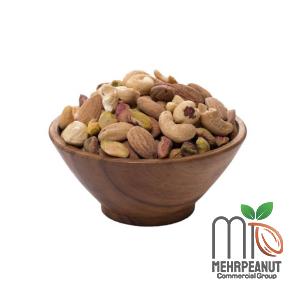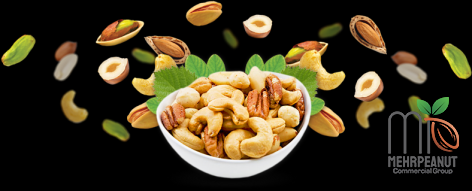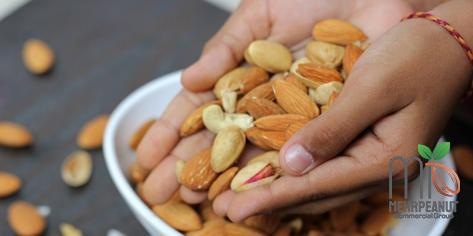Which Is The Best Peanut Soil? + Complete Comparison | Great Price
Did you know if you grind your extra peanut shell you can make either mulch or compost for your soil? You may include the peanut shells into the topsoil to improve its quality
They have the ability to halt the process of soil deterioration
To do this, you need to create a layer that is between 1 and 1
5 inches thick on the surface of the soil
In addition, given enough time (a few months), these peanuts can decompose to the point where they behave similarly to peat
As a result, the dracaena plant will benefit from your actions
Using peanut shells as mulch is beneficial
This can assist to limit soil erosion and protect the plant’s root system from being subjected to harsh environmental conditions
Additionally, when some period of time has passed, it will begin to disintegrate, therefore contributing beneficial bacteria and fungi to the soil
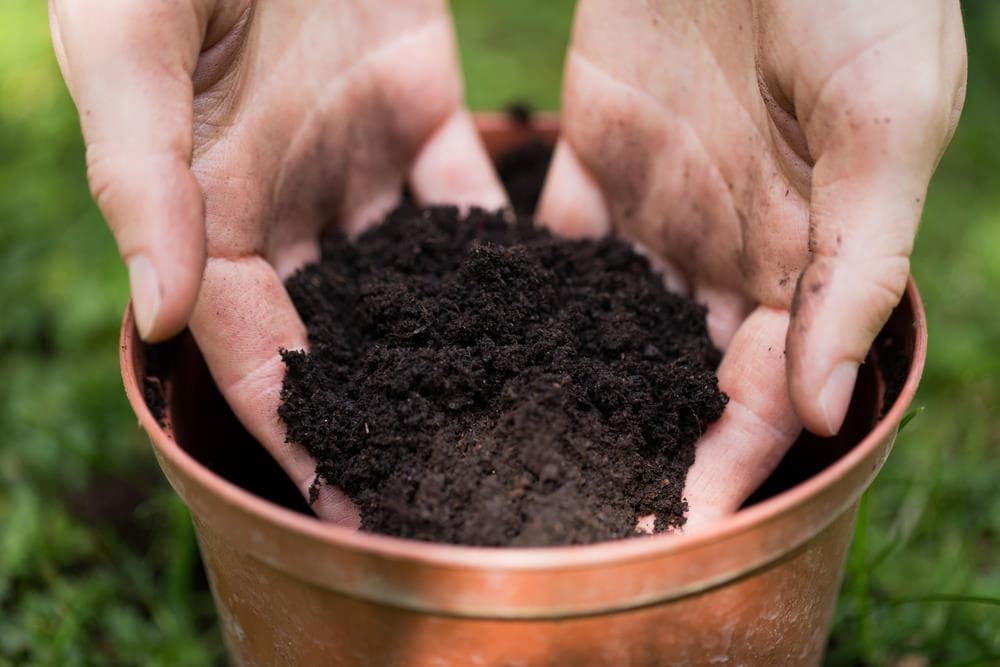
Due to their ability to aerate the compost, peanut shells also benefit a healthy compost pile
Peanut shells do not easily compress, like other shells
Air will readily circulate within the pile as a result
There may occasionally be no air holes left in a compost pile that has been extensively compacted
As a result, the microorganisms are left with little to no oxygen to fulfill their function in the process
This can be avoided, and shells can encourage a robust, well-working pile
Composting is a fantastic approach to eliminating trash and improving the health of your yard
Any organic trash, including bamboo and cotton shirts, may be kept out of the landfill
Both the plant and your garden will benefit! You might believe that since peanut shells degrade, they can be put on your compost pile without more consideration
This is untrue, despite being a widespread fallacy; not everything that degrades naturally can also be composted
Only materials that will eventually contribute to a compost that is rich in nutrients should be composted
Fortunately, peanut shells fit this description
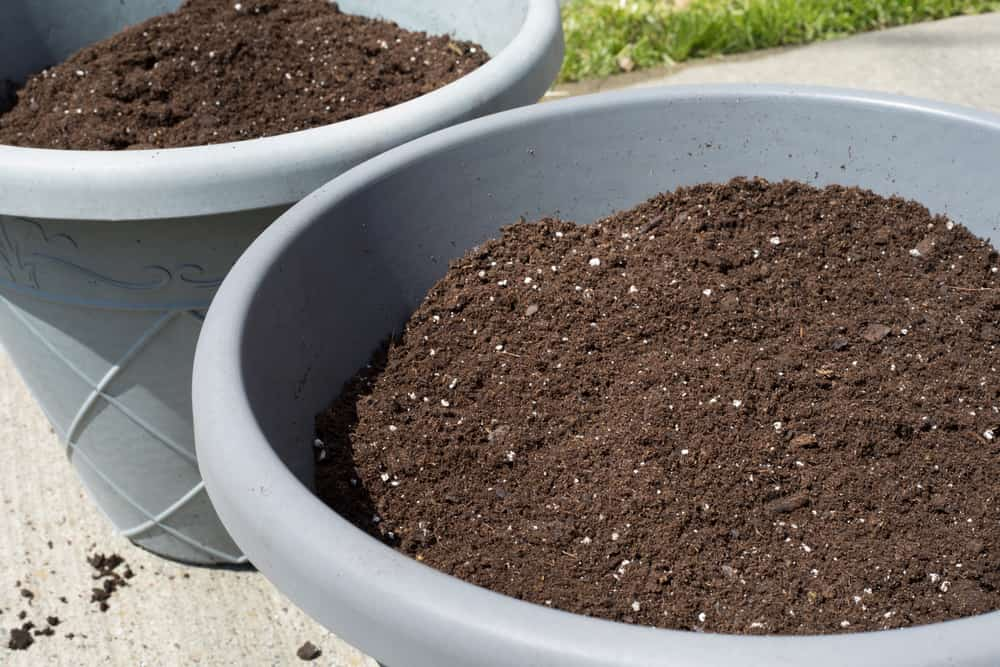
peanut shells in potting soil
If you’ve ever bought potting soil from a shop, you’re aware that some peanut shells contain in the blend
To start, although the presence of these shells does not harm plants, those with allergies are recommended to avoid using this type of potting mixture
If you have a nut or peanut allergy, the peanut shells may make you feel sick
There have been several instances when people who used peanut shells in potting soil experienced adverse reactions
Therefore, the best course of action if you have a peanut allergy is to expressly request potting mixes devoid of peanut shells
As long as you are not sensitive to peanuts, using potting soil that contains peanut shells is OK
When it comes to regulating the mixture’s fiber concentration and soil aeration, they have achieved excellent results
Your potting soil may benefit from peanut shells in a variety of ways
To get the finest results, it’s crucial to know how to use it properly
They contain a lot of carbon
The carbon in these shells feeds the microorganisms that decompose the compost material, speeding up the composting process when added to the compost mixture
Therefore, it is advised to utilize peanut shells in the potting soil in addition to nitrogen-rich fertilizers if there is a lack of carbon
The peanut shells have extremely little nitrogen compared to the substantial nitrogen concentration of the peanuts
Only 1
2% of them, according to a study, contain nitrogen
Even lower quantities of potassium and phosphorus are present
However, they are a fantastic alternative to utilize as compost due to their high carbon content
Using peanut shells in the potting mixture is OK as long as they are not salted
This will work wonderfully since the fiber and higher soil oxygen levels will both be very beneficial to the plants
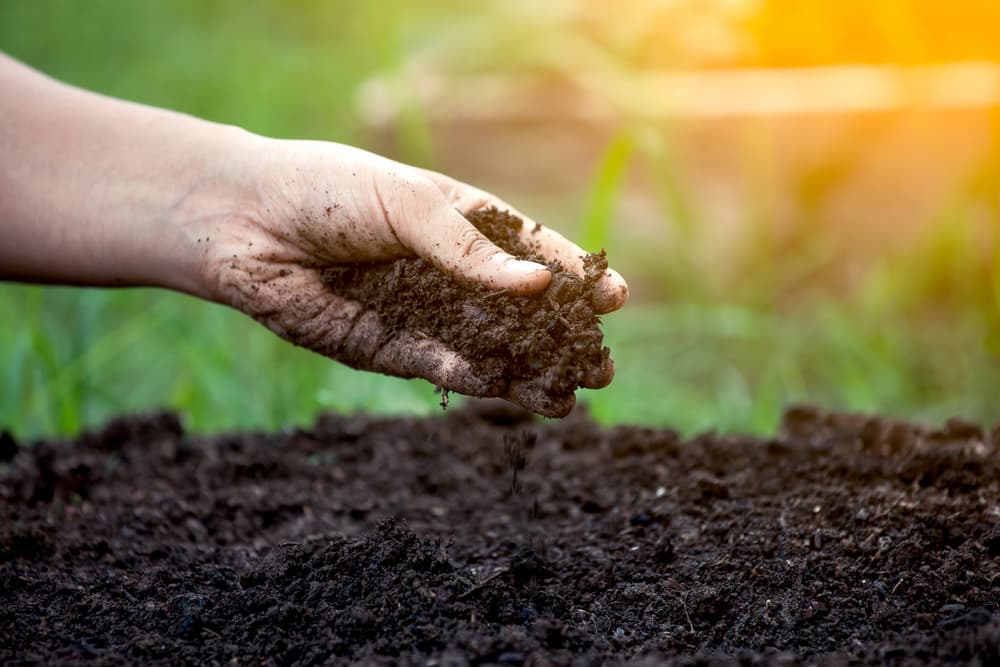
how to grind peanut shells
This section helps you if you’ve ever wanted to grind the shells of your peanuts for compost but didn’t know how to do it
You might be considering creating a garden to display your green thumb now that summer is in full swing
Compost, a combination of “browns,” “greens,” and water, is a useful addition to any home garden
Composting your garden increases moisture, encourages the development of beneficial bacteria and fungus, aids in the control of pests and diseases, and encourages sustainability in general
The endlessly adaptable peanut may be a useful “brown” element in your compost
The bacteria that aid in composting use the carbon that peanuts contain as a useful source of energy
Composting peanut shells is often an easy process
Checking for infections or lesions in your peanuts is the first thing you should be doing
Avoid composting suspect peanuts since they could encourage the spread of plant diseases in your yard
However, if you’re receiving your peanuts from a garden, this is more likely to be a problem
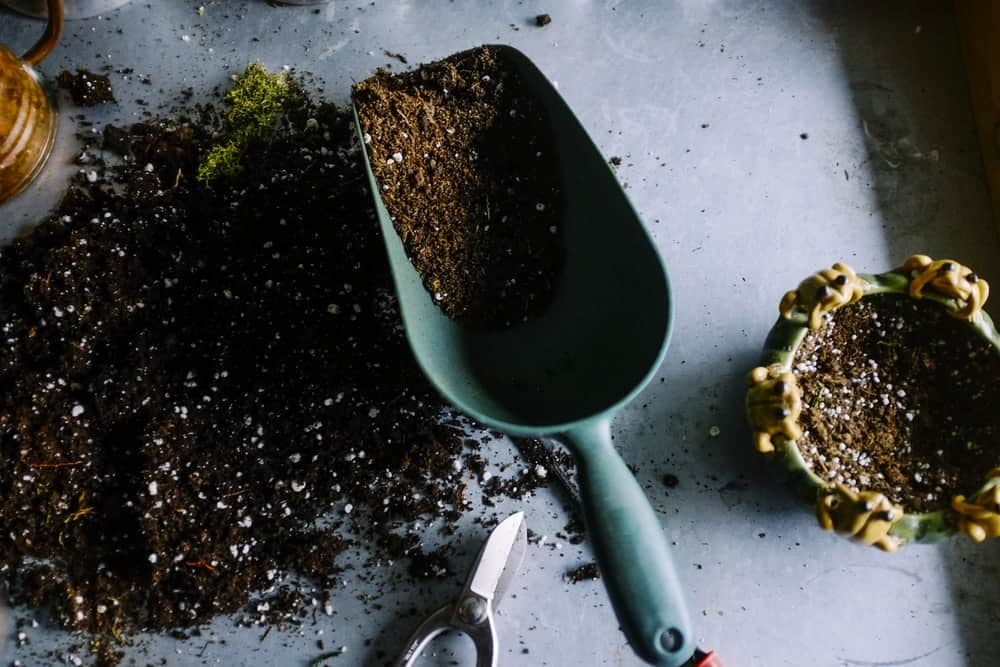
This is unlikely to be a problem if you decide to compost leftover peanuts or shells from restaurants or stores
The next step is to crush the peanut shells to hasten the process of decomposition
Place the shells on a level surface and step on them to do this, or gather them in a big plastic bag and use a rolling pin to smash them
After thoroughly crushing your peanuts, let them soak in water for at least 12 hours
If you’re using salted peanuts, make sure to change the water at least once throughout the process to get rid of any extra salt that can harm the bacteria in your compost or future garden plants
Then, combine the soaked peanuts with any other “browns” you intend to compost before adding a layer of “greens” on top of your “browns
” Finally, sprinkle some garden soil on top of your compost and give it a light soaking
As your compost ages, keeping it covered and stored in a shaded place can help it maintain moisture
Every week or two, “turn” your compost by mixing it to re-distribute oxygen throughout the pile so that your developing bacteria can breathe as it warms up and decomposes
Compost is broken down more quickly when it is turned
Your compost is ready to feed your plants when it is uniformly black in color and crumbly to the touch
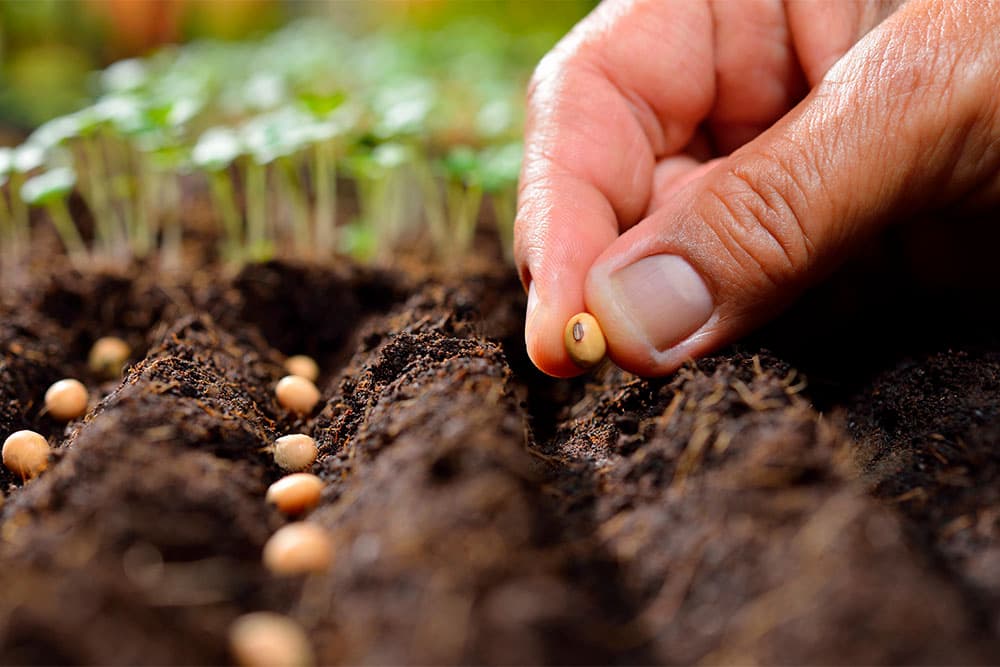
how to use peanut shells in the garden
Mulching is an excellent use of peanut shells
Doesn’t matter how spacious your house would be, you could use peanut shells to make your garden surface look flat in an easy way
They are an excellent supplier of potassium, phosphate, and nitrogen
To aid in decomposition and stop them from compacting after a shower, sprinkle some cottonseed meal or crushed peanut shells on the ground before applying mulch as you normally would
To flourish, plants require a certain ratio of nutrients in the soil
Soil amendment is required when one or more of the nutrients in the soil are insufficient
Before planting, organic materials, such as compost, are applied to the soil to enrich it with the nutrients needed for plant growth
Later additions of fertilizer aid in keeping the nutrients stable while the plants consume them
The soil is improved with a variety of organic fertilizers, such as wood ash, blood meal, and manure
Other organic materials, like peanut shells, are best employed as a protective covering since they have few essential nutrients that plants can absorb
Different organic materials that have decomposed and include a balance of carbon and nitrogen make up compost
The decomposing matter is consumed by microorganisms, which then release nutrients into the soil
While many organic items can degrade, not all of them have the mineral content necessary to create compost that is good for your crop
The shells of peanuts contain carbon
In addition to organic materials high in nitrogen, peanut shells would be a good addition to your compost pile
Much shields plant roots from the harm that extreme cold or hot weather brings about
Additionally, it aids in retaining water, which is necessary for a plant’s general health
Similar to wood chips in hardness, peanut shells, or hulls
The fact that the shells take a while to degrade makes them more beneficial as a mulch or protective layer than as fertilizer, which should break down more quickly for the sake of plant health
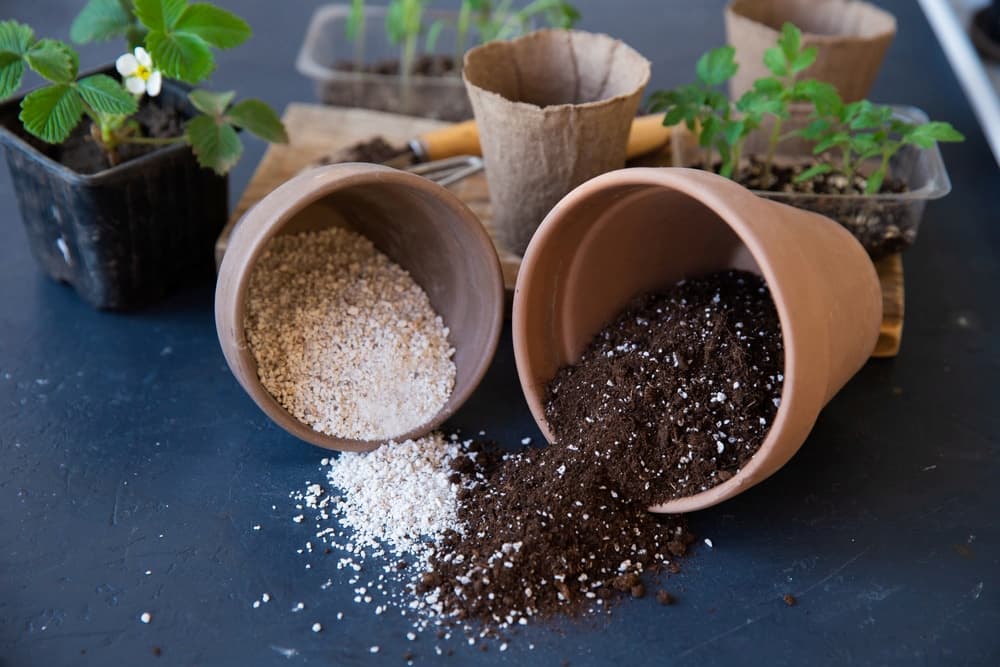
are peanut shells brown or green compost
Are you confused about whether peanut shells are brown compost or green? Composting peanut shells produces a brown color because peanut shells have a high concentration of carbon-based components
However, the shells on their own were not sufficient to satisfy the demand for the brown substance
As a result, they are mixed in with other waste products from the garden, such as cardboard, grass clippings, pecan shells, and so on
The remains of peanuts may be put to excellent use in the garden and on the plants
You may make use of them in a variety of different ways to encourage the healthy growth of the plants, and they can also be beneficial for the soil
In the interest of maintaining a healthy garden, including peanut shells in the compost pile is a brilliant idea at all times
This compost is useful to the plants to that it is applied
And if you are going to use salted peanut shells, you need to make sure that the percentage of salt is relatively low
This is because an excessive amount of salt can harm plant growth, alter the pH of the soil, and cause fungal diseases in the root system
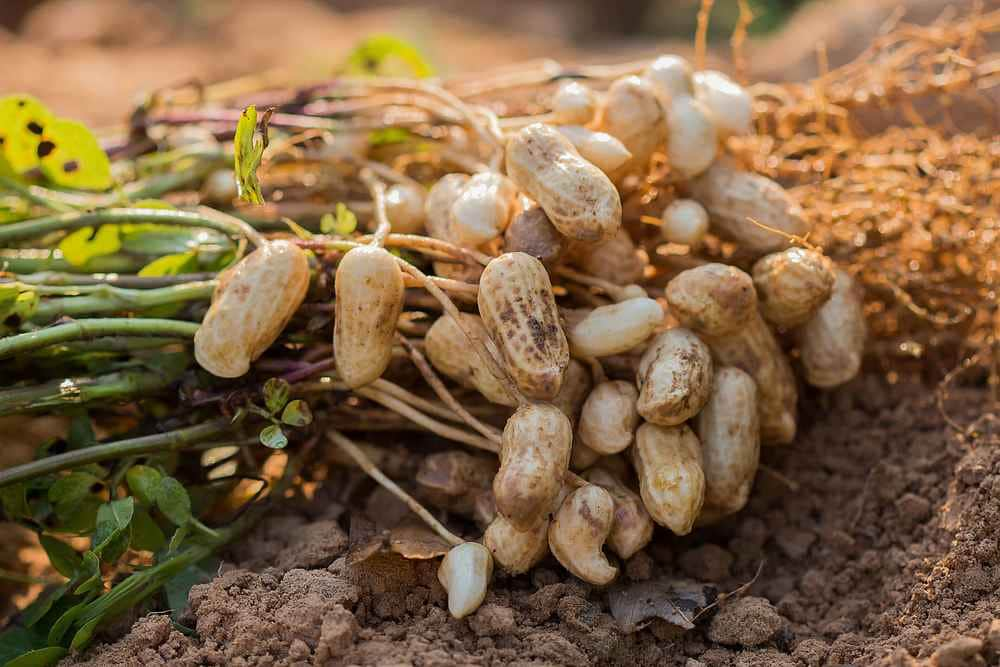
If you are going to use salted peanut shells, you need to make sure that the salt percentage is relatively low
